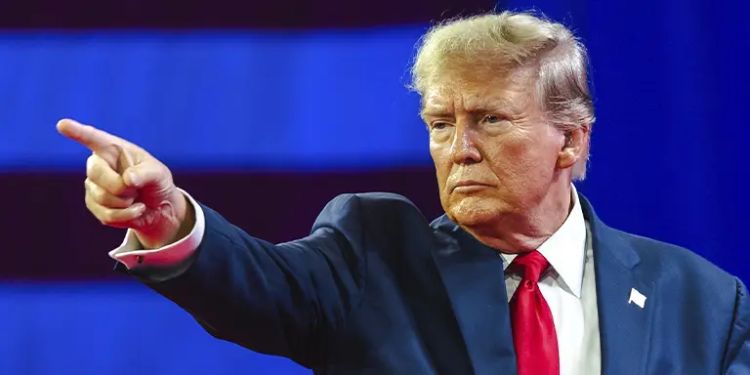The BRICS group of nations (Brazil, Russia, India, China, South Africa) are leading a global backlash against the latest round of tariffs brought in by US President Donald Trump, with a senior Chinese envoy calling the US a “bully” and other leaders making it clear they don’t intend to back down in the growing trade war.
“Give the bully an inch, he will take a mile,” China’s ambassador to India, Xu Feihong, said in a social media post on Thursday.
Xu’s post quoted Chinese Foreign Minister Wang Yi, who said – without naming the US – that “using tariffs as a weapon to suppress other countries violates the UN Charter, undermines WTO rules, and is both unpopular and unsustainable.”
India Seeks Rapprochement with China Ahead of Modi’s First Visit in 7 Years
Xu’s words are another sign that India-China relations are warming in the face of economic pressure from the United States. Indian Prime Minister Narendra Modi is set to make his first visit to China in seven years at the end of August, with a trip to a meeting of the Shanghai Cooperation Organization (SCO) in Tianjin.
In a speech on Wednesday night, Modi said he is ready to “pay a very heavy price” to protect India’s trade policies, specifically policies meant to protect Indian farmers from increased imports from the US.
India has been resisting US pressure to allow genetically modified (GM) crops to be imported so that US farmers can gain a larger foothold in the market.
But for the US, the larger sticking point is Indian imports of Russian oil. President Trump announced this week that he will hike tariffs on Indian goods from the current 25% to 50% by August 27 if India doesn’t stop buying oil from Russia, which has been under sanctions by Western countries since Russia’s invasion of Ukraine in 2022.
Also Read: China Fires Back After Trump Threatens 10% Tariff on BRICS Allies
China has been facing an adjusted tariff rate of around 30%, down from punitive rate above 100% that the US imposed earlier this year.
Also, this week, the Trump administration announced 50% tariffs on another BRICS country, Brazil, over what Trump says is a politically motivated prosecution of his ally, former Brazilian President Jair Bolsonaro.
Brazil Deepens Economic Ties with India and China Amid US Tariffs
In the wake of the new tariffs, Brazil has been strengthening its ties with China and India. Brazilian President Luiz Inacio “Lula” da Silva spoke by phone with Prime Minister Modi on Thursday, with the two leaders vowing closer economic ties. Lula confirmed he plans to make a state visit to India in early 2026.
The two leaders reiterated their goal of nearly doubling the value of trade between Brazil and India, from $12 billion a year currently to $20 billion by 2030.
They also agreed to expand the trade deal between India and the Mercosur group of South American nations, and to look at creating stronger links between the countries’ payment systems, Business Day reported.
Speaking to Reuters from his presidential residence in Brasilia on Wednesday, the Brazilian leader said he won’t initiate trade negotiations with the United States because he doesn’t believe the Trump administration is ready to talk.
“The day my intuition says Trump is ready to talk, I won’t hesitate to call him,” Lula said. “But today my intuition says he doesn’t want to talk. And I won’t humiliate myself.”
Also Read: US Being Isolated? Modi to Visit China for First Time in Seven Years
Meanwhile, China took advantage of the tariffs on Brazil to announce it would be opening up its market to Brazilian coffee. China’s embassy in Brasilia said Chinese companies “are arriving” in Brazil to increase purchases of “beloved Brazilian coffee,” according to CNN.
The moves between Brazil, China and India show that major players in the global economy are reorienting trade relationships to lessen reliance on the United States.
Many economic observers and investors believe that such a reorientation could have a significant downside for the United States, including a much weaker dollar as demand for the US currency wanes, leading to higher prices in the US’s import-dependent economy.
However, the Trump administration maintains its view that it’s adjusting US trade policy so that more goods are manufactured domestically, and fewer imported from abroad – a key promise that Donald Trump has been making on the campaign trail since 2016.
In an op-ed published in the New York Times on Thursday, US Trade Representative Jamieson Greer said the US’s trading partners implemented unfair policies like currency manipulation and low wages to “artificially boost exports” to the United States.
“Our current, nameless global order, which is dominated by the World Trade Organization and is notionally designed to pursue economic efficiency and regulate the trade policies of its 166 member countries, is untenable and unsustainable,” Greer wrote.
In light of that, the US “has laid the foundation for a new global trading order,” he added.
Follow our WhatsApp Channel and X Account for real-time news updates.
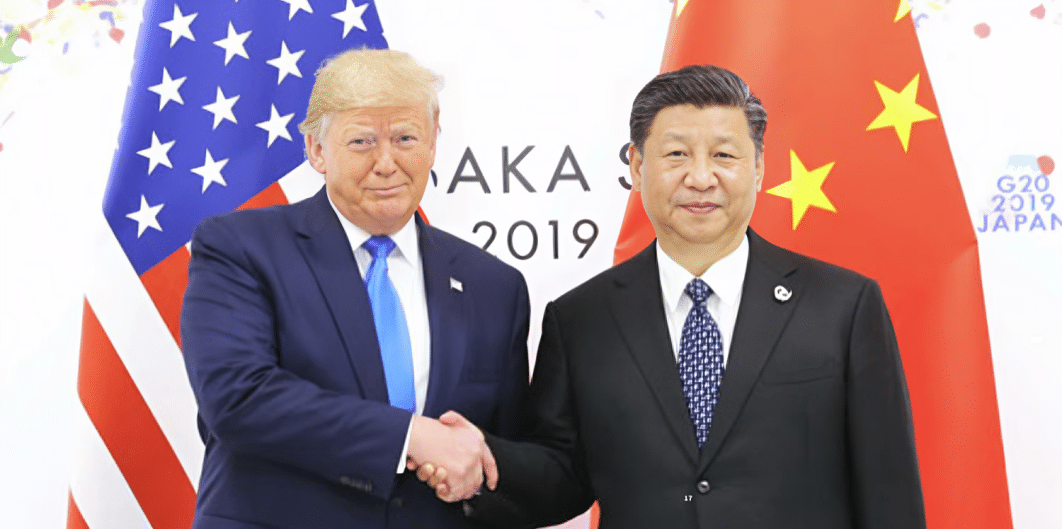





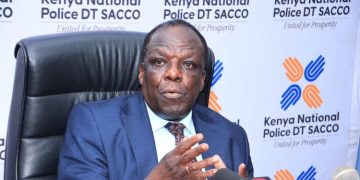
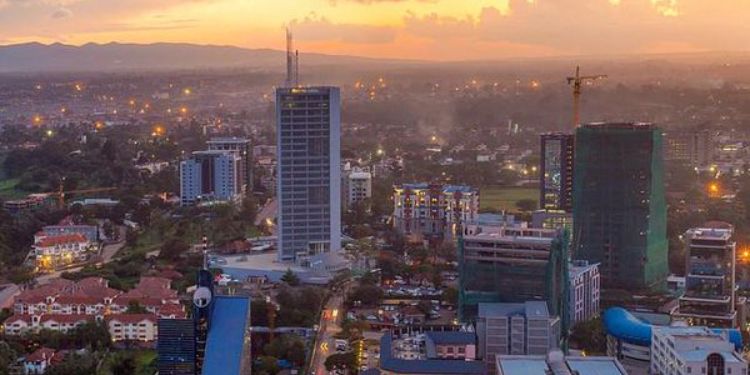
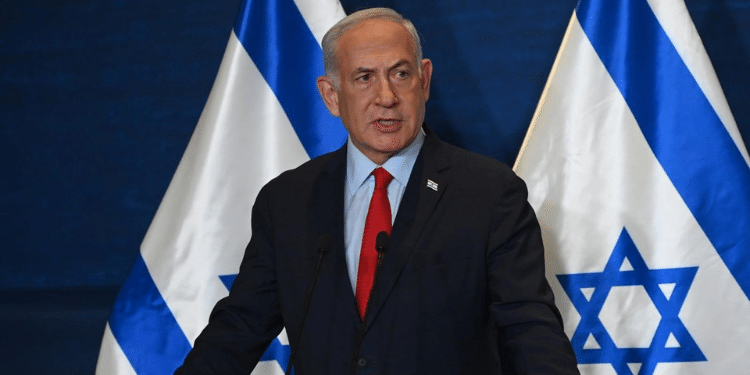
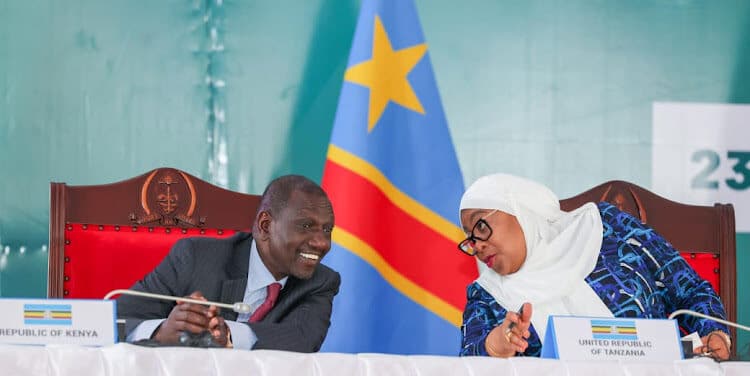







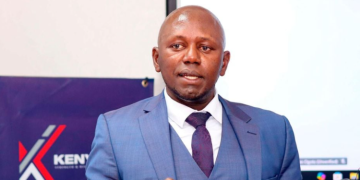
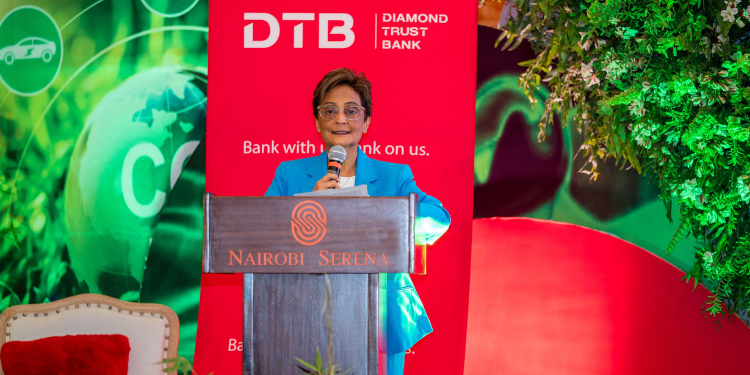
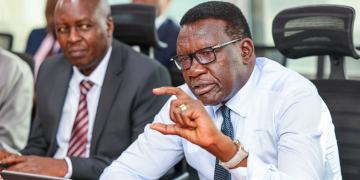

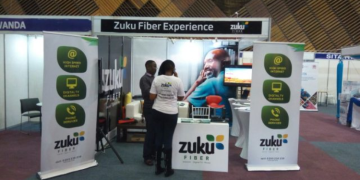
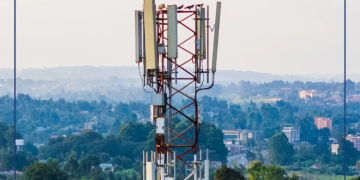
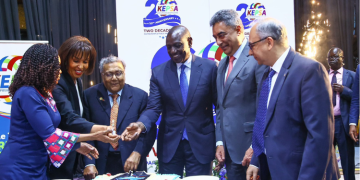



























![Senator Allan Chesang And Chanelle Kittony Wed In A Colourful Ceremony [Photos] Trans Nzoia Senator Allan Chesang With Channelle Kittony/Oscar Sudi]( https://thekenyatimescdn-ese7d3e7ghdnbfa9.z01.azurefd.net/prodimages/uploads/2025/11/Trans-Nzoia-Senator-Allan-Chesang-with-Channelle-KittonyOscar-Sudi-360x180.png)




















